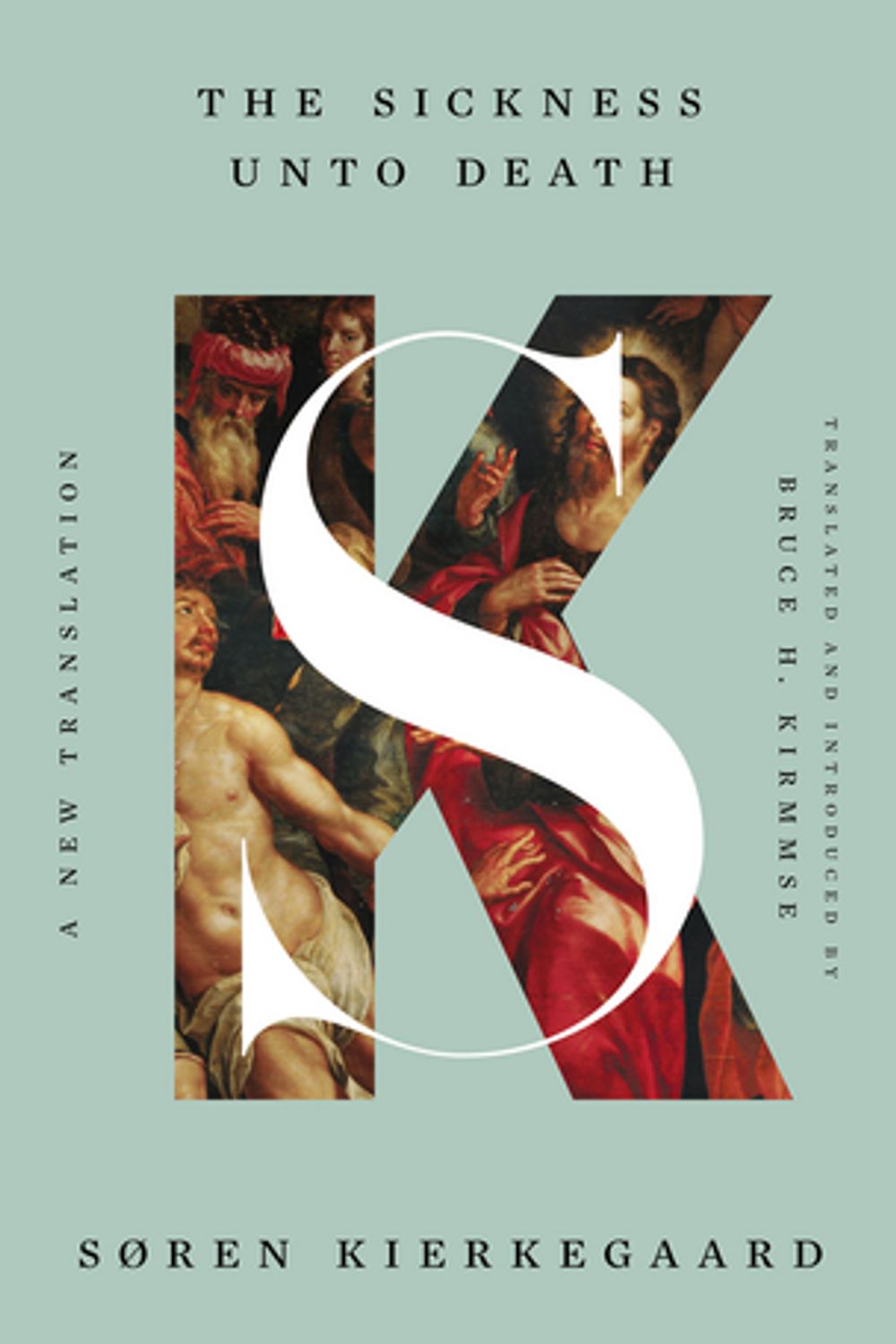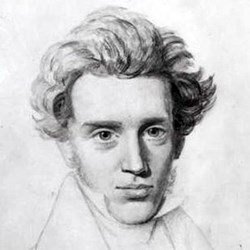The Sickness Unto Death
The first new translation of Kierkegaard’s masterwork in a generation brings to life this impassioned investigation of the self. The “greatest psychologist of the spirit since St. Augustine” (Gregory R. Beabout), Søren Kierkegaard is renowned for such richly imagined philosophical works as Fear and Trembling and The Concept of Anxiety. Yet only The Sickness unto Death condenses his most essential ideas—on aesthetics, ethics, and religion—into a single volume. First published in 1849 under the pseudonym Anti-Climacus, The Sickness unto Death is as demanding as it is concise, posing fundamental yet complicated questions about human nature and the self. Beginning with the biblical story of Lazarus, whom Jesus miraculously raised from the dead, The Sickness unto Death identifies the titular “sickness” as “despair,” a state worse than death because it is “unto” death. As Kierkegaard demonstrates, despair—or, in Christian categories, “sin”—is a sickness not of the body, but of the spirit, and thus, of the self. A dramatic “medical history” of the course of this sickness, The Sickness unto Death culminates, as all medical histories do, in a crisis, a turning point at which the self, the patient, either realizes or abandons itself. Given the choice between eternal salvation and extinction, Kierkegaard calls upon the self to become receptive in faith to God’s mercy, “even today, even at this hour, even at this instant.” With his “historian’s eye” (Vanessa Parks Rumble) and “lucid and informative” (George Pattison) introduction, Bruce H. Kirmmse deftly situates The Sickness unto Death in the historical context of the European revolutions of 1848, reminding us that even Kierkegaard was a product of his time and place. Yet as Kirmmse ultimately shows, The Sickness unto Death is as apt for our times as for mid-nineteenth-century Europe, speaking to the human soul across generations and centuries.
-
Autore:
-
Traduttore:
-
Anno edizione:2023
-
Editore:
-
Formato:
Formato:
Gli eBook venduti da Feltrinelli.it sono in formato ePub e possono essere protetti da Adobe DRM. In caso di download di un file protetto da DRM si otterrà un file in formato .acs, (Adobe Content Server Message), che dovrà essere aperto tramite Adobe Digital Editions e autorizzato tramite un account Adobe, prima di poter essere letto su pc o trasferito su dispositivi compatibili.
Cloud:
Gli eBook venduti da Feltrinelli.it sono sincronizzati automaticamente su tutti i client di lettura Kobo successivamente all’acquisto. Grazie al Cloud Kobo i progressi di lettura, le note, le evidenziazioni vengono salvati e sincronizzati automaticamente su tutti i dispositivi e le APP di lettura Kobo utilizzati per la lettura.
Clicca qui per sapere come scaricare gli ebook utilizzando un pc con sistema operativo Windows




